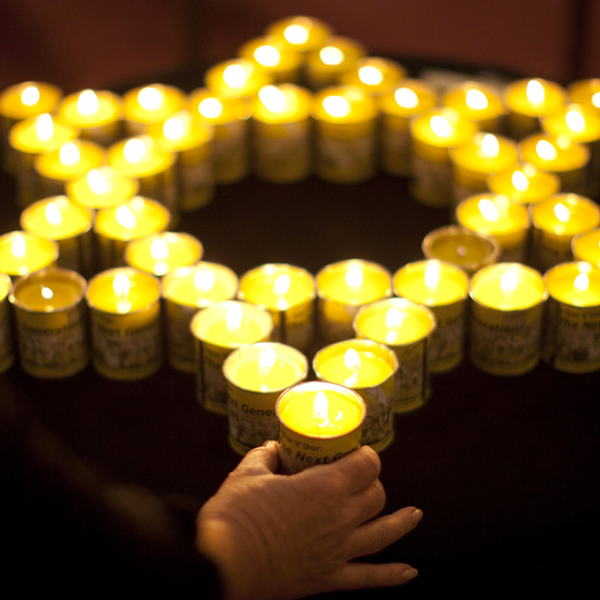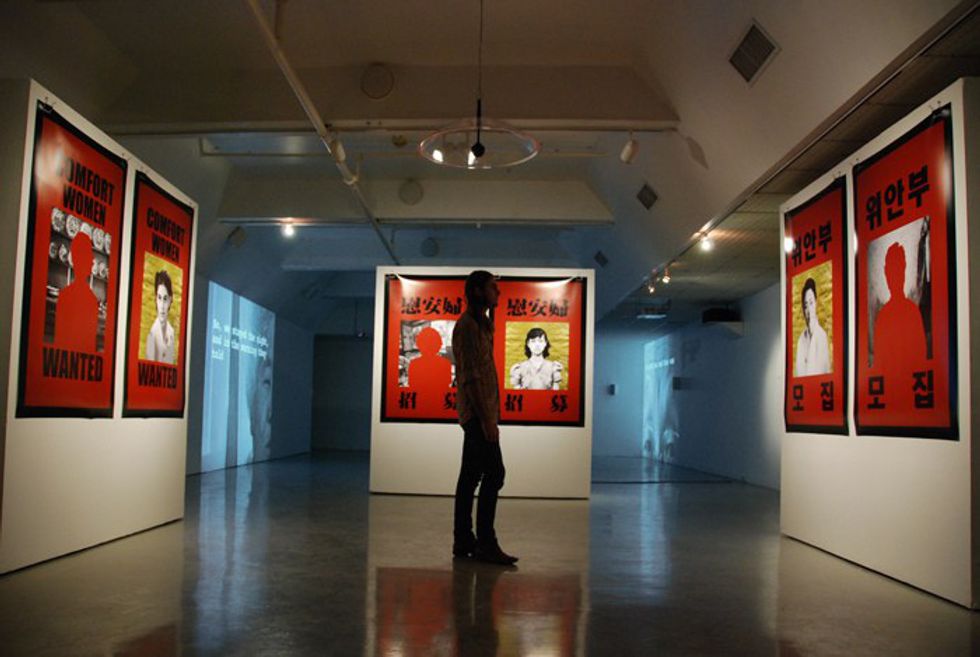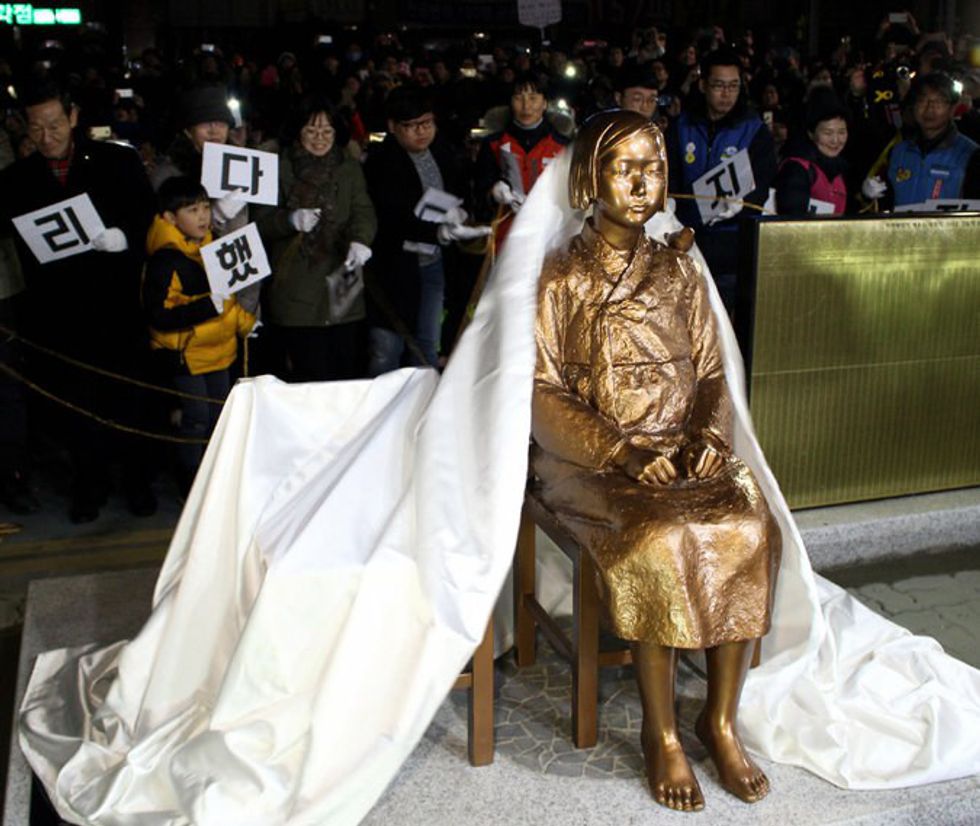Recently, I had the opportunity to visit a local museum with a plethora of exhibits concerning world history. Among these many options was an exhibit on World War II.
I remember learning about this particular war back in high school and the information came rushing back to me. However, as I further explored the exhibit, I found myself learning about something new...something that wasn't taught in textbooks, something that my teacher had barely touched on.
Understandably so, as it is an extremely controversial and sensitive issue, and that is "comfort women."
If you didn't already know, "comfort women" is a euphemistic term that refers to approximately 200,000 (perhaps even more) women and girls who were recruited into sexual slavery/prostitution by the Imperial Japanese Army during World War II. Most of the women were from occupied countries, including but not limited to Korea, China, and the Philippines.
Initially, comfort women only consisted of Japanese prostitutes who volunteered for this service. But as the war dragged on and Japan increased its military expansion, the military became short of volunteers and in turn, relied on the local population. Their two main strategies were either aggressive force or abduction. In addition, there were women who agreed to be factory workers or nurses, but did not know they were going to be used as sex slaves.
Forced to work in what were called "comfort stations," the poor treatment of these women were nothing short of horrific, violent, and unspeakable. Most of the victims were actually teenagers and on a daily basis, they were raped by between 10 to 100 soldiers at these comfort stations. The Japanese soldiers did not view them as human beings, but merely disposable toys.
But their torment just didn't stop at rape, they were also tortured, beaten, starved, or even murdered. In fact, many women suffered from sexually transmitted diseases and were forced to have abortions.
Records show that only about 25-30% of of women actually survived this tribulation.
Chang-Jin Lee, a Korean-born and New York-based artist, seeked to bring this taboo topic to the public eye through her art exhibit entitled, "Comfort Women Wanted." When it comes to war, the world is well informed and aware about the suffering of soldiers. Yet on the other hand, the struggle of women is oftentimes ignored or forgotten.
This atrocity is considered to be one of the biggest cases of human trafficking in all of history. And now in the 21st century, human trafficking is the second largest business in the world.
According to Chang-Jin Lee's project statement, "The "comfort women" issue illustrates the victimization which women suffer in terms of gender, ethnicity, politics, and class oppression, and how women are still perceived as a disposable commodity. This project promotes empowerment of these and all women, and seeks to establish a path toward a future where oppression is no longer tolerated."
A good friend of mine actually brought to my attention a dispute between the Korean and Japanese government that has been occurring off and on.
As a result of this historical incident, tension between Korea and Japan has gradually increased, especially since the Japanese government never offered a formal apology.
It wasn't until December of 2015 that Japan finally apologized and promised to give $8.3 million to care for the surviving victims in exchange for South Korea's promise not to press charges. For both sides, this agreement was a “final and irreversible resolution.”
However, for many Koreans (and survivors included), this deal fell short of their demands that Japan should take full legal responsibility and offer more formal amends.
On December 28th, 2016, the first anniversary of this agreement, Korean advocates placed a bronze life-sized statue of a Korean girl in front of the Japanese Consulate in Busan, the second largest city in South Korea. Officials promptly removed it, but after much protestation and public pressure, the statue was reinstated.
In actuality, this isn't the first statue of its kind. There are many that have popped up throughout Korea and the United States, much to Japan's opposition.
In my opinion, I believe that the Korean and Japanese governments are both at blame for not handling the issue in the best manner. Both are controlled by conservative right wings, and so the Japanese government was wrong for offering money to prevent discussions about the issue and the Korean government was also wrong for blindly accepting the money.
And in all honesty, World War II ended over 70 years ago, so a mutual recognition and genuine formal apology should have occurred long ago without activists and victims having to demand it.
My friend also mentioned that these statues should not be perceived as a "political antagonism" against Japan. If the contemporary Japanese society truly is against sexual slavery, then they should not be offended, but rather own up to their past and be willing to apologize.
It's important to note that the statues are there to bring awareness of what happened during the war and most importantly, to pay homage and give respect to these comfort women.
To this day, there are only a select few of these strong women still alive. They may not be around for much longer, but they hope their stories will live on.























